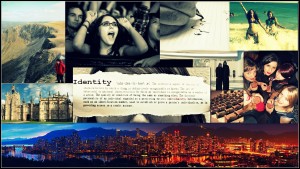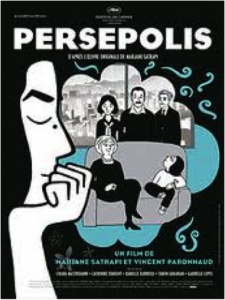The concept of personal identity is a unique one, particularly the connection between identity and place. The connection between one’s personal identity and past geographical place, current geographical place, or cultural place is distinctly complex and intricate[1]. This complex relationship between personal identity and place can be significantly shaped or influenced by a number of factors, including political turmoil[2]. The concept of expressing personal identity through creative practices can also influence and shape one’s identity. Through the lens of different creative practices, this blog explores discourses on the connection between personal identity and space within the context of cultural diaspora and political turmoil.
-Aileen McKeown
[1] For the purposes of this blog, cultural place is defined as a physical or mental place that is strongly influenced by a particular culture.
[2] For the purposes of this blog, political turmoil is defined as a state of confusion or disturbance within the context of the politics of a country, geographical area, or cultural group of people.

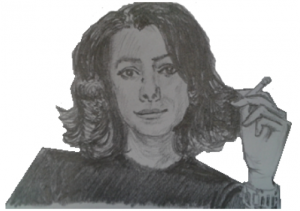
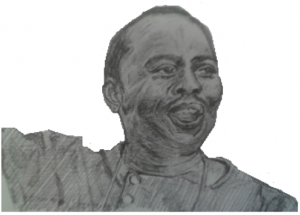
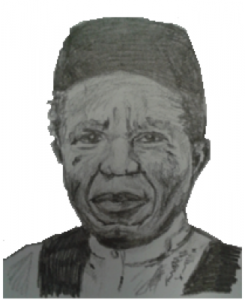 Experience is unique and personal. It cannot be perfectly transferred, but through various artistic endeavours, experiences can be described
Experience is unique and personal. It cannot be perfectly transferred, but through various artistic endeavours, experiences can be described 